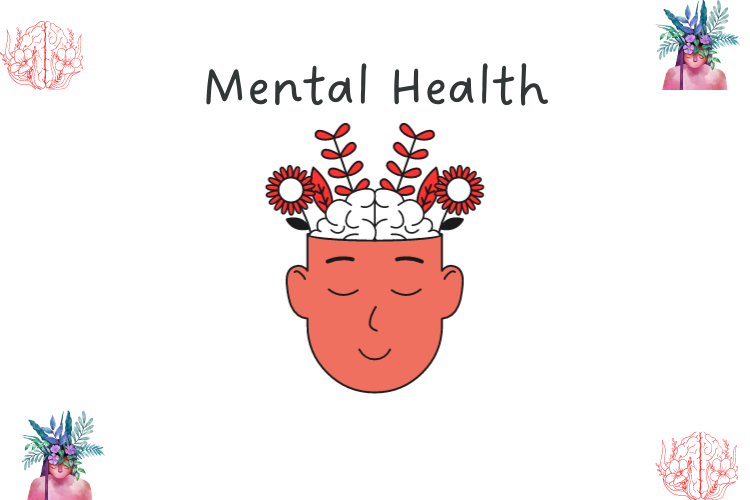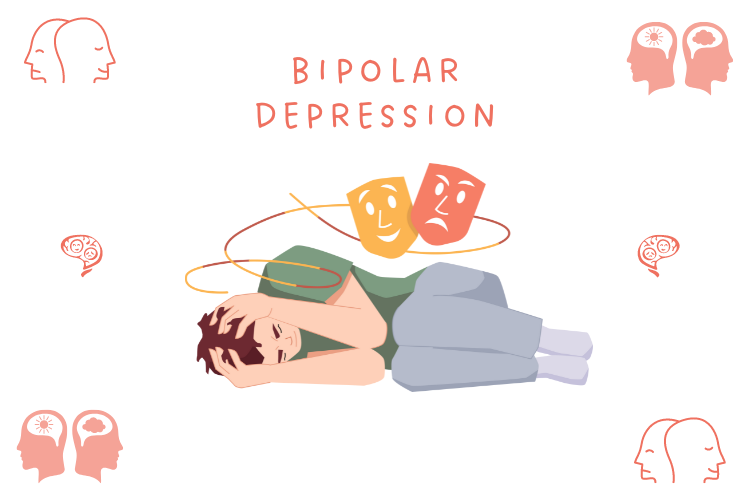Mental health is a crucial aspect of overall well-being, and its significance cannot be overstated. In recent years, there has been growing recognition of the importance of mental health in India, a country with a diverse population of over 1.3 billion people. According to the World Health Organization (WHO), mental health disorders affect millions of Indians, with significant implications for individuals, families, communities, and the nation as a whole. In this blog, we will explore the current situation of mental health in India, highlighting insights from WHO research to shed light on the challenges and opportunities for improving mental health care
Prevalence of Mental Health Disorders
The WHO's research reveals that mental health disorders are prevalent in India, with a considerable burden on society. According to a study conducted in 2019, around 197 million Indians (approximately 15% of the population) were suffering from mental health disorders. These conditions range from common mental disorders like depression and anxiety to severe conditions like schizophrenia and bipolar disorder.
Stigma and Awareness
One of the primary challenges in addressing mental health issues in India is the persisting stigma and lack of awareness surrounding mental health. Mental health problems are often associated with shame, weakness, or a lack of willpower, leading to the reluctance of individuals to seek help or openly discuss their struggles. This stigma can hinder access to treatment and support and further exacerbate the impact of mental health issues on individuals and families.
Healthcare Infrastructure
India faces significant gaps in its mental healthcare infrastructure, particularly in rural areas where a large proportion of the population resides. According to the WHO, there is a scarcity of mental health professionals, with just "One psychiatrist for every 343,000 people". Additionally, access to affordable and quality mental health services is limited, especially for those from lower socioeconomic backgrounds.
Psychological Impact of COVID-19
The COVID-19 pandemic has further highlighted the importance of mental health in India. The prolonged lockdowns, fear of infection, economic hardships, and social isolation have taken a toll on the mental well-being of individuals across the nation. WHO research indicates an increase in stress, anxiety, and depression cases during the pandemic, with frontline workers and vulnerable groups facing heightened risks.
Government Initiatives and Policies
Recognizing the urgent need to address mental health issues, the Indian government has taken steps to improve mental health care in the country. The National Mental Health Policy (2014) aims to provide accessible and affordable mental healthcare to all citizens. Additionally, various helpline services and online platforms have been launched to provide mental health support and counseling during the pandemic and beyond.
Community-Based Interventions
Amidst the challenges, there are promising developments in community-based interventions to tackle mental health issues. Non-governmental organizations (NGOs), mental health advocates, and volunteers are working to raise awareness, reduce stigma, and provide support in both urban and rural areas. These initiatives play a vital role in reaching out to vulnerable populations and destigmatizing mental health problems.
Conclusion
he current situation of mental health in India, as highlighted by WHO research, presents a complex picture with both challenges and opportunities. The prevalence of mental health disorders, coupled with stigma and limited access to healthcare, necessitates urgent action. Nevertheless, there is growing recognition of the importance of mental health and a willingness to address these issues at both individual and societal levels.
Improving mental health care in India requires a multi-faceted approach involving government support, increased investment in mental healthcare infrastructure, awareness campaigns, and community-based initiatives. By working together to break down barriers, combat stigma, and expand access to mental health services, India can pave the way for a healthier and more resilient population.
If you or someone you know is struggling with mental health issues, please seek help from a mental health professional or contact a helpline service in your area. Remember, seeking support is a sign of strength, and with the right resources and compassion, mental health challenges can be overcome.



